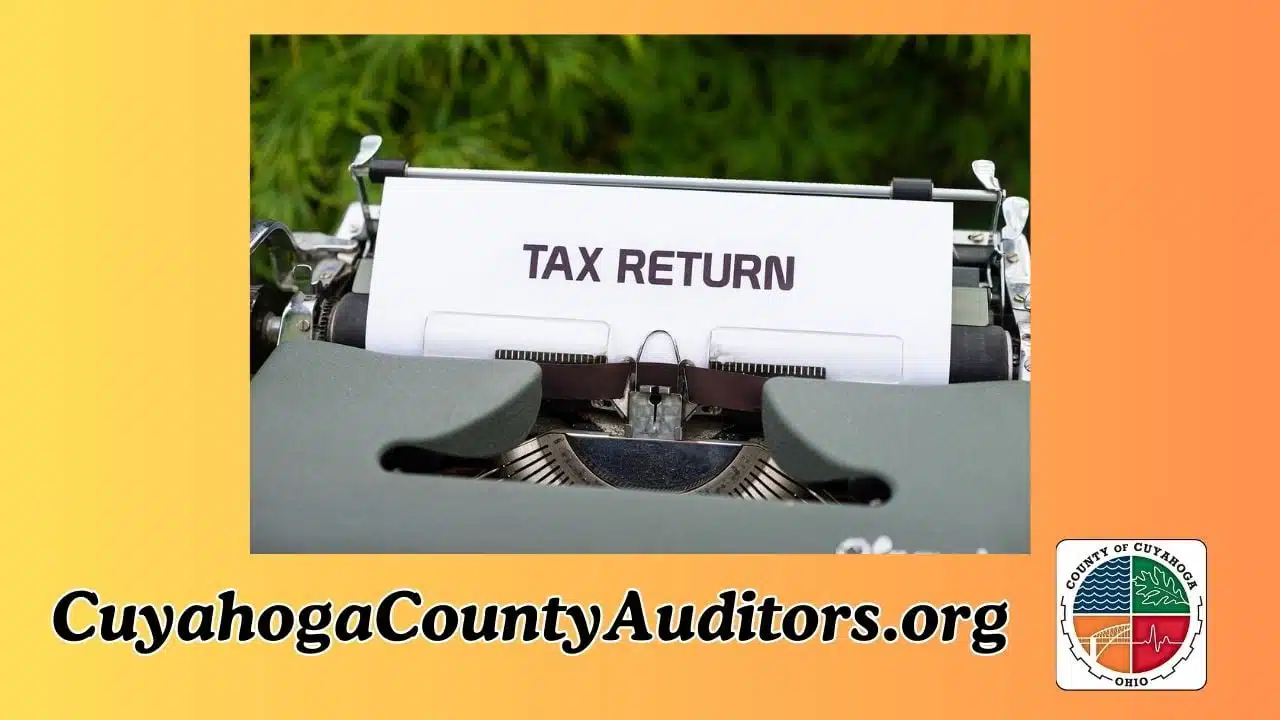Property taxes are a big part of owning a home. Changes in these taxes can really affect homeowners. In Cuyahoga County, Ohio, property tax changes are common. It’s important for residents to understand their impact.
This article will look at how property tax changes affect homeowners in Cuyahoga County. We’ll explore what drives these changes and what it means for you.
How Do Property Tax Changes Affect Homeowners in Cuyahoga County?
Property tax changes in Cuyahoga County can change how much homeowners pay each year. These changes can make taxes go up or down. Factors like property value, local needs, and tax policies play a role.
If taxes go up, you might pay more each month (if you have an escrow account). Or, you might need to spend more of your budget on taxes. On the other hand, if taxes go down, you’ll pay less overall.
It’s key for homeowners to understand how these changes are calculated. This helps them plan and budget better.
What Drives Property Tax Changes in Cuyahoga County?
Several factors can lead to changes in property taxes in Cuyahoga County. Let’s look at some of the most important ones.
1. Property Value Assessments
One big factor is the assessed value of your property. In Cuyahoga County, values are reassessed every three years. If your value goes up, so might your taxes. But if it goes down, your taxes could decrease.
2. Changes in Tax Rates
Local governments can change tax rates to meet their needs. If they need more money for schools or services, rates might go up. But if they have a surplus, rates could go down.
3. Local Government Budget Requirements
Property taxes are a big source of money for local governments. They use it for schools, law enforcement, and more. Changes in budgets can lead to tax adjustments.
4. New Tax Levies or Bonds
Voters in Cuyahoga County can approve new taxes for specific projects. These levies fund things like school improvements or public safety. When a new levy is approved, taxes usually go up for homeowners.
5. State and Federal Legislation
Changes in state or federal law can also affect local taxes. For example, changes in education funding can impact local taxes.
The Consequences of Property Tax Increases for Homeowners
When property taxes go up, homeowners in Cuyahoga County face several challenges. Here are some of the main effects.
1. Increased Financial Burden
Higher property taxes can strain a household budget. If taxes increase a lot, you might need to cut spending. This is tough for those on fixed incomes, like retirees.
2. Impact on Home Affordability
Higher taxes can make buying a home harder. It might deter buyers, which could lower property values over time.
3. Changes in Mortgage Payments
For homeowners with an escrow account, tax increases can raise monthly payments. Your lender will adjust your payment to cover the tax bill.
4. Potential for Tax Delinquency
Some homeowners struggle to pay their property taxes after a big increase. This can lead to tax delinquency. It may cause penalties, interest, and even foreclosure if taxes aren’t paid for a long time.
The Benefits of Property Tax Decreases for Homeowners
Property tax decreases have many benefits for homeowners:
1. Lower Monthly Payments
If your property taxes go down, your monthly mortgage payment might decrease. This is true if you have an escrow account. Or, you might pay less each year out of pocket.
2. Increased Home Affordability
Lower property taxes make owning a home more affordable. This attracts new buyers, increasing demand. It can also help stabilize or boost property values in some areas.
3. Reduced Financial Strain
A drop in property taxes can ease the financial burden on homeowners. This is true for those with fixed incomes or tight budgets. The extra savings can help with other expenses or home improvements.
Average Property Tax Rates in Cuyahoga County by City (2023)
| City | Average Property Tax Rate (%) | Average Annual Tax (Per $100,000 Home Value) |
|---|---|---|
| Cleveland | 2.6% | $2,600 |
| Shaker Heights | 3.2% | $3,200 |
| Lakewood | 2.9% | $2,900 |
| Parma | 2.4% | $2,400 |
| Rocky River | 2.8% | $2,800 |
| Strongsville | 2.3% | $2,300 |
| Westlake | 2.7% | $2,700 |
How Homeowners Can Prepare for Property Tax Changes
Property taxes can change, so it’s key for homeowners to prepare. Here are some tips to help you stay ahead:
1. Monitor Property Value Assessments
Keep an eye on your property’s assessed value. Review your tax assessment notice regularly. If you think your property is overvalued, you can appeal the assessment to lower your tax liability.
2. Understand Local Government Spending
Stay updated on local government budgets and projects. Attend public meetings or review budget proposals. This can help you understand how property taxes might change in the future.
3. Budget for Possible Increases
Even if taxes decrease one year, budget for possible increases next year. Set aside money each month for any unexpected tax hikes. This way, you won’t be caught off guard.
4. Take Advantage of Tax Relief Programs
Cuyahoga County has tax relief programs for homeowners. These include help for senior citizens, veterans, and those facing financial hardship. Check if you qualify for reduced property taxes or payment plans.
Cuyahoga County Property Tax Relief Programs
| Program Name | Eligibility Criteria | Benefits | Contact Information |
|---|---|---|---|
| Homestead Exemption | Seniors 65+ or permanently disabled | Reduction in taxable home value | 216-443-7010 |
| Owner-Occupied Credit | Primary residence homeowners | Tax credit for owner-occupied homes | 216-443-7020 |
| Senior Citizen Deferral Plan | Seniors 65+ with financial hardship | Deferral of property tax payments | 216-443-7030 |
| Veteran’s Property Tax Relief | Honorably discharged veterans | Property tax exemption | 216-443-7040 |
Conclusion
Changes in property taxes can greatly affect homeowners in Cuyahoga County. It’s key to know why these changes happen and how to prepare. When taxes go up, it can be tough on the wallet. But when they go down, it’s a big win for homeowners.
By keeping up with property values, government spending, and tax relief options, homeowners can handle tax changes better. This helps them plan for a stable financial future.






